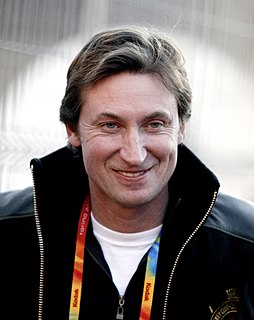A Quote by Ray Bradbury
When I was seven or eight years old, I began to read the science-fiction magazines that were brought by guests into my grandparents' boarding house in Waukegan, Illinois. Those were the years when Hugo Gernsback was publishing 'Amazing Stories,' with vivid, appallingly imaginative cover paintings that fed my hungry imagination.
Related Quotes
Many of the early greats of sf ? Hugo Gernsback (publisher of Amazing Stories) in particular ? saw themselves as educators. The didactic thrust of science fiction got the genre initially pegged as children's fare. It was seen, at its best, as an extension of school and, at its worst, as teenage wish fulfillment.
No one writes a story like Lydia Davis. In the years since she began publishing her lyrical, extremely short fiction, she has quietly become one of the most impactful influences on American writers, even if they don't know it. That's largely because she makes economy seem so easy. You could read several of her stories into a friend's voicemail box before you were cut off (and you should). You could fit one of her stories in this column. Some you could write on your palm.
I try to make time for reading each night. In addition to the usual newspapers and magazines, I make it a priority to read at least one newsweekly from cover to cover. If I were to read what intrigues me- say, the science and business sections - then I would finish the magazine the same person I was when I started. So I read it all.
If we're going to change the game it has to start at eight, nine and 10 years old. When we were that age we'd go to the pond or backyard rink and throw a puck on the ice and play five on five, or seven on seven. You get this creativity and this imagination that comes from within, just having fun on the pond. Now kids are so focused on team play, and the coaches are so focused on positioning. You can't change it at the NHL level.





































